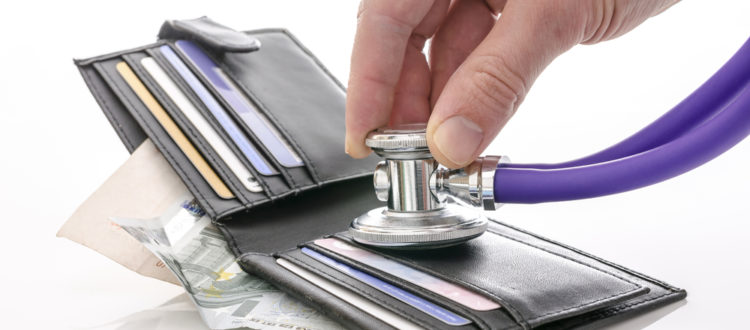New Year, New Finances
While making a resolution to better your physical health is great, have you considered tackling your financial health in 2020? Chances are, you’re like the majority of Americans who are constantly vowing to save more, spend less, and get a better grip on their overall financial security. Doing this, however, can be a challenge. Use this new year as an opportunity to reset your finances and establish healthier habits when it comes to your wallet.
Assess.
Really take a look at your current finances. Check your credit score, take account of any and all debt, list potential, upcoming financial burdens. Once you have an idea of exactly where you currently stand financially, you can begin to create goals for the upcoming year. How much would you realistically like to save? How much debt would you like to pay off? Do you want to raise your credit score? Put more aside for retirement? List out all of the goals that you would like to achieve in the next 12 months.
Track.
If you’re looking to save money or become less frivolous with your spending, tracking your finances is the first place to start. If balancing a checkbook seems too old school for you, download one of numerous budgeting apps that can help you track your expenditures, keep a monthly budget, and break down where you do most of your spending.
Save.
Easier said than done, right? The bottom line is that saving money can be difficult. It all boils down to making it a priority and putting measures in place to help you succeed. Setting up an automatic transfer to a savings account is an “out of sight, out of mind” tactic that can help you save money rather effortlessly. Count the withdrawn amount like you would a bill that’s being deducted from your account, and you’ll be amazed at how quickly your savings begins to grow.
Learn.
It’s never too late to learn–especially when it comes to something as important as your livelihood and financial wellbeing! Familiarize yourself with the world of economics and read a book on personal finance. Check out blogs, podcasts, and other means that you might find appealing to pick up tricks and learn the ins and outs of money management.
Take action.
Really, your financial health is in your own hands, and it is how you begin to prioritize and restructure your finances that will have the biggest impact. But there are some small actions that can be taken that can result in a big pay off. Hiring a financial advisor, for example, can take a lot of the stress of your financial planning off of your plate. They can help you assess, adjust, invest, and take care of your overall financial health. Other small initiatives can also be done, such as calling your credit card companies and seeing about raising limits in order to better your credit score. Whatever it is you choose to do to better your finances, the first step is simply taking action!

